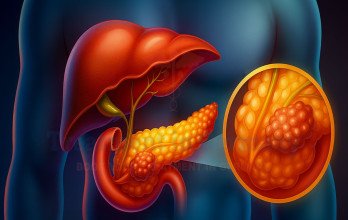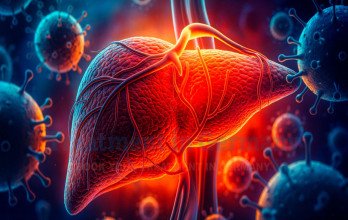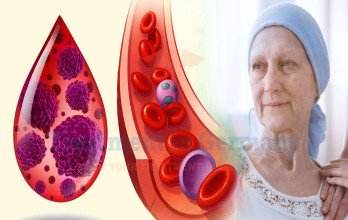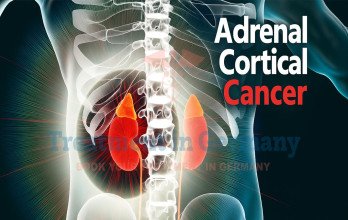
Actinium-225 PSMA therapy for metastatic prostate cancer in Germany provides precise, advanced treatment led by Prof. Stefan Dresel. Learn about cost and patient care.
Details →
Stage 4 breast cancer treatment in Germany offers advanced options like dendritic cell therapy, TACE, and TACP, led by experienced oncologists with full support provided to international patients.
Details →
Innovative colorectal cancer treatment in Germany includes dendritic cell immunotherapy and TACE, with expert treatment by Prof. Gansauge and Dr. Vogl.
Details →
Stage 4 pancreatic cancer treatment in Germany includes TACE and dendritic cell immunotherapy, with expert care from Prof. Vogl and Prof. Gansauge.
Details →
Explore advanced bone cancer treatment in Germany, including dendritic cell therapy, chemotherapy, and radiation. Learn about stages, grades, and survival expectations for international patients.
Details →
Secondary breast cancer treatment in Germany includes TACE treatment , TACP, and dendritic cell therapy in Germany, with full support for international patients and treatment guided by experienced German specialists.
Details →
Explore non-surgical treatment of cervical cancer in Germany, including dendritic cell therapy and targeted embolization. Learn about expert-led care and international patient support through TIG.
Details →
Explore treatment options for pancreatic cancer with liver metastasis in Germany, including TACE treatment and dendritic cell therapy under expert treatment, supported by TIG for international patients.
Details →
Learn what to expect from metastatic stage 4 liver cancer treatment in Germany. Explore TACE treatment, dendritic cell vaccine therapy, and expert care with full support from TIG.
Details →
Advanced stage 4 breast cancer treatment in Germany combines dendritic cell therapy, TACP, and TACE therapy, guided by expert German specialists with full support for international patients throughout their treatment journey.
Details →
Learn about innovative leukaemia treatment in Germany, including dendritic cell immunotherapy led by Prof. Gansauge in Germany. Discover personalized care supported by TIG for international patients.
Details →
Stage 3 ovarian cancer treatment in Germany combines dendritic cell therapy and targeted embolization treatment, guided by leading German specialists with full support for international patients seeking advanced and personalized care.
Details →
Discover advanced glioblastoma treatment in Germany with dendritic cell immunotherapy by Prof. Gansauge in Berg. Personalized care and full support from TIG for international patients.
Details →
Explore stage 4 nasopharyngeal cancer treatment in Germany, including dendritic cell therapy, chemotherapy, and radiation under the guidance of German specialists.
Details →
Stage 4 uterine cancer treatment in Germany provides advanced care with dendritic cell therapy and targeted embolization for better survival and quality of life.
Details →
Soft tissue sarcoma treatment in Germany offers advanced, personalized care through dendritic cell therapy, guided by expert German specialists and full support for international patients seeking long-term recovery and improved quality of life.
Details →
Explore breast cancer stages and discover personalized treatments in Germany, including dendritic cell therapy, TACE, and TACP, led by experienced specialists.
Details →
Ascites in liver cancer is a sign of disease progression that requires expert management. Learn why international patients trust German healthcare centers for advanced diagnosis and treatment in Germany.
Details →
Adrenal cortical cancer treatment in Germany offers advanced care through dendritic cell therapy and TACP therapy, led by expert German specialists with complete support for international patients throughout their treatment journey.
Details →
.webp)
 (1).webp)

.webp)
 (1).webp)


.webp)
 (1).webp)

.webp)
 (1).webp)
